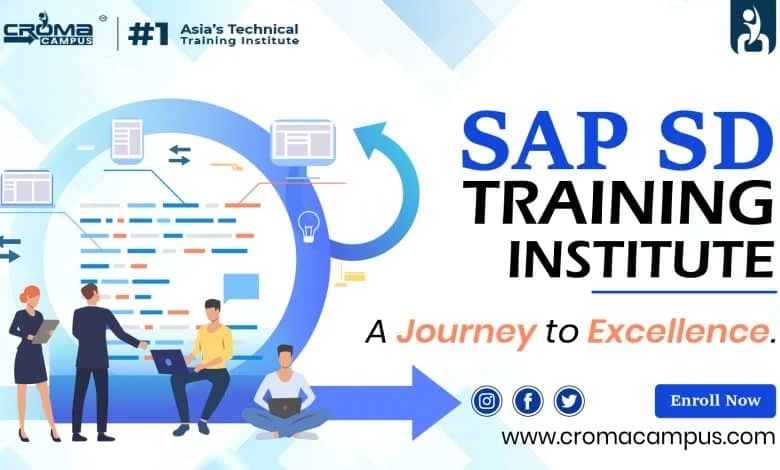What are the Different Components Under the SAP SD Module?
SAP Sales and Distribution or SAP SD is one of the crucial parts of the SAP ERP system. Basically, this division ...


SAP Sales and Distribution or SAP SD is one of the crucial parts of the SAP ERP system. Basically, this division ...

